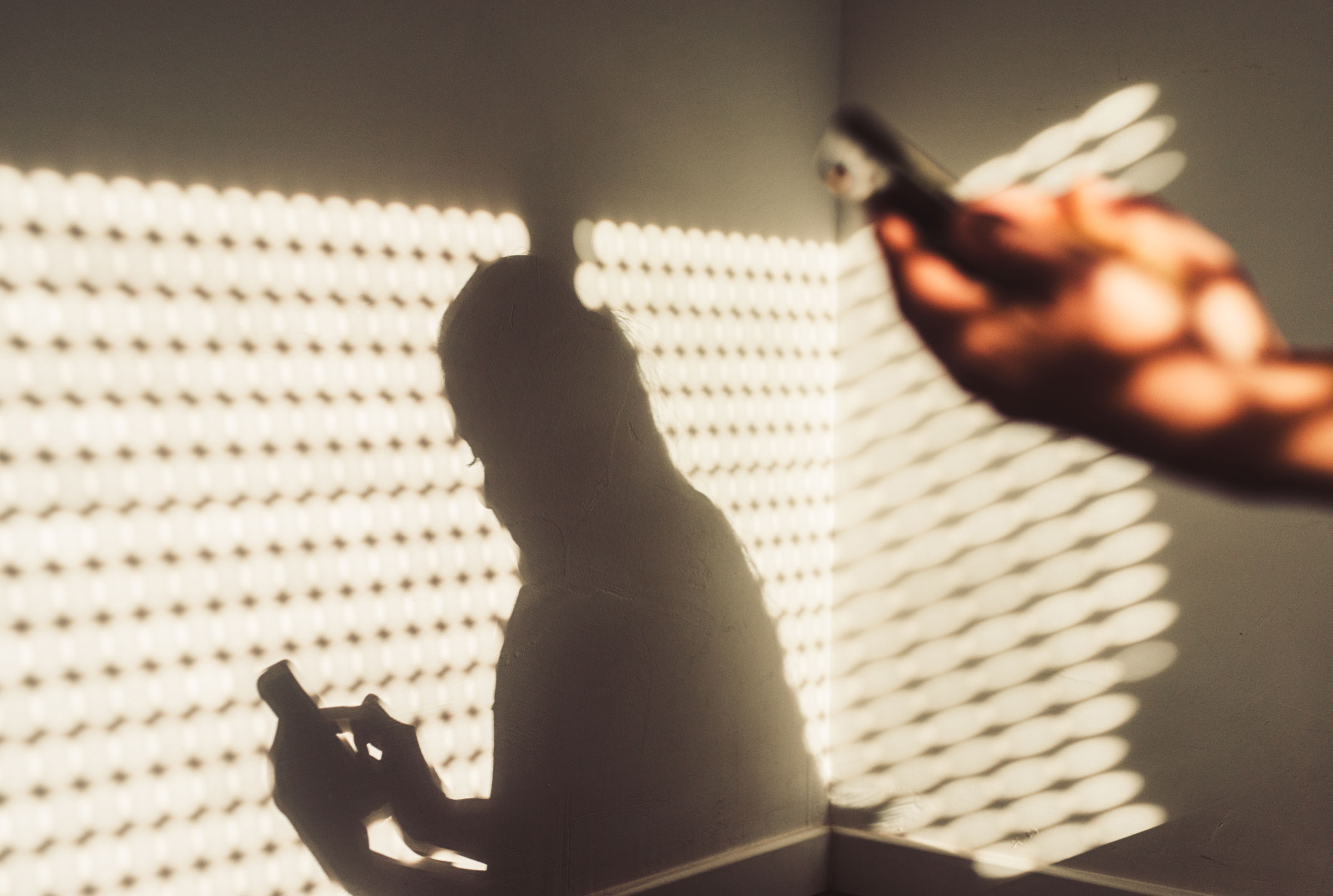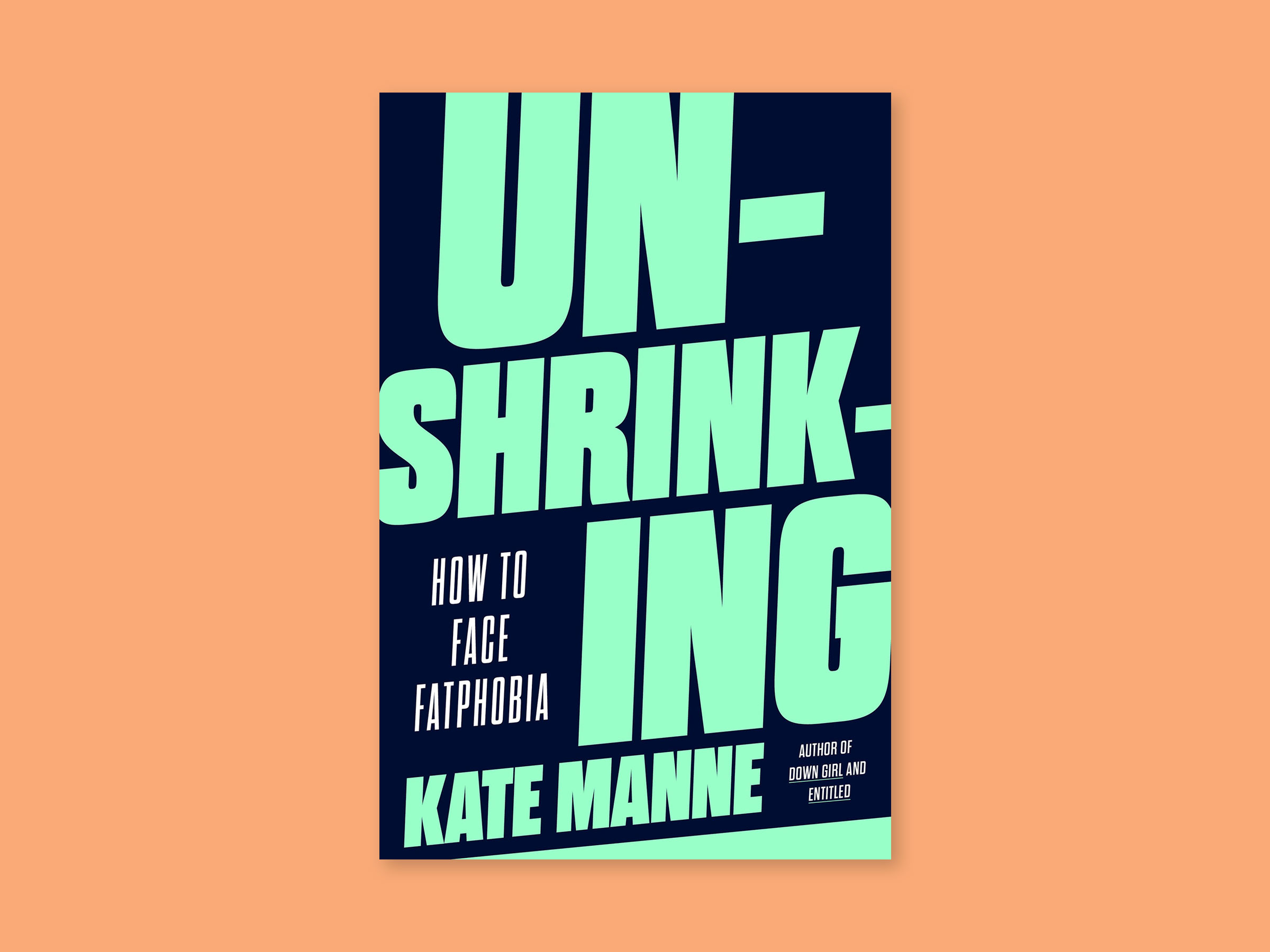
Some days I look in the mirror and feel a sense of deep dissatisfaction. My belly is puckered from pregnancy; my thighs are dimpled and ample; my proportions are rearranging now that I’ve hit 40. I have been fat for pretty much my whole life, and discovered body positivity, which advocates taking a positive attitude toward our own form, when I was 20. Sometimes, though, it feels like just another standard against which I am failing.
Body positivity is a familiar answer to the salient–and sometimes pressing–question of how we can and should think about our bodies. It encourages viewing ourselves and others as beautiful, no matter our size and shape. But while it remains an important entry point for many people in resisting diet culture and fatphobia, a systematic form of oppression that has ensnared me and so many others, it has over the years been leached of much of its original meaning and purpose. Once a radical idea, with its roots in Black feminism, body positivity has unfortunately been widely co-opted by thin white women performatively embracing their stretch marks or cellulite.
Read More: How Doctors Inadvertently Fat-Shame Kids
And in truth, there were always problems with its advice—which may explain why, even after I committed to stop dieting and to accept my own fatness, I have not found it especially helpful. The psychologists Lisa Legault and Anise Sago have observed that the body-positivity movement has a number of features in common with toxic positivity, which compels us to take a relentlessly upbeat view, and—in the case of how we view bodies—minimizes valid feelings of body grief, dissatisfaction, frustration, insecurity, and dysphoria. The body-positivity movement seems not necessarily well-suited to the needs of trans people, for example, many of whom need or want to change their bodies, sometimes in radical ways, and should not be pressured to feel positive about their current physical incarnation.
So how should we feel about our bodies? How should we educate our children to view and treat themselves? Of course, no amount of changing how we feel about our bodies is going to change the ways fat people are subject to widespread discrimination, in education, employment, and health care, among other realms. We urgently need to fight these inequities together—often, for our own sake, as well as that of larger people. And yet we have to live in our bodies day to day, to look in the mirror and see our forms and figures reflected back at us, so how we choose to consider them still matters.

The main going alternative to body positivity is body neutrality, which tells us to view our bodies neutrally instead, and to consider our appearance and our form with something like studied indifference. Body neutrality, too, clearly gets something right. But it is hardly the most inspiring option. Uniform praise for our bodies veers into meaninglessness, but no praise is dispiriting, lackluster. A truly neutral attitude is hard to maintain, moreover, with some psychologists disputing whether it is even possible, and others holding that it is at least a rarity. The words still others suggest to capture a neutral affect are, tellingly, quite variable, with some—feeling “meh” or “so-so”—seemingly tinged with negativity. Others, like “feeling nothing in particular,” imply a kind of blankness that is surely hard to conjure routinely about a subject as fraught as our own bodies.
Read More: The Messed-Up Reason I Couldn't Date a Fellow Fat Person
Moreover, there’s something about body positivity and body neutrality that both adhere to the same tired paradigm: they are like awarding our bodies a positive number or a zero, rather than a negative one. Meanwhile, what I think is needed is dispensing with numbers altogether.
The thought that has helped me the most in navigating this territory, and provides an escape from the apparently exhaustive options of positivity, neutrality, and negativity, is this: my body is for me. Your body is for you. Our bodies are not decoration. Our bodies are not objects for consumption or comparison—or ranking. A body is not something good or bad or neutral for people generally, but rather something that may suit and work better or worse for the person who inhabits it. And her perspective on her body is the only one that matters.
This ethos—which I call body reflexivity—holds that taking a uniformly positive or neutral view of our own bodies is neither realistic nor desirable. Body reflexivity does not prescribe any particular attitude toward one’s form. It is compatible with finding oneself beautiful, or sexy—or not, as the case may be. Body reflexivity prescribes a radical reevaluation of who we exist for, as bodies: ourselves and no one else. We are not responsible for pleasing others.
Body reflexivity is compatible, to be sure, with appreciating our bodies—and also that of others. But the uncritical lens we adopt speaks against anything like scoring. We do this in other realms as a routine matter. Go for a walk sometime—you can appreciate a sunset, a flower, a dog, without comparing it to others or rating it as superior, inferior, or neutral. There’s a reason the popular X account We Rate Dogs is firmly tongue-in-cheek, with each delightful creature garnering more than a 10/10. It is absurd to rate dogs; dogs are too wonderful.
And so, I’ve come to understand, are human bodies—without necessarily being, or having to be, beautiful. I have come to channel the words often said to me by my husband—“I don’t look at you with a critical eye,” which means more to me, in the end, than his also telling me I’m beautiful. I have come to view others with an attitude of gratitude and gladness that they are here in the world amongst us, in all of our glorious individuality and diversity; our vulnerability; our differences in size and shape and age and disabilities. We need not assess every body positively or neutrally when we cease to assess bodies altogether.
The idea of body reflexivity is tied to a political perspective—a radical politics of autonomy that would vindicate the right to be fat, or trans, or nonbinary, or queer, or disabled. Moreover, by not requiring any particular attitude toward our bodies, body reflexivity can recognize the psychological consequences of our current political predicament. As Da’Shaun L. Harrison has pointed out, feeling insecure makes sense in a world set up to undermine us. We feel insecure because, in being fat or trans or queer or disabled or otherwise othered in a bodily dimension—that which Harrison calls “Ugly”—we are made to be insecure in our very embodiment. They write,
Insecurity . . . must be political. If the politicization of Ugly leads to the social, political, economic, and physical death of a person, they are bound to feel unprotected, uncared for, and unconfident. To that point, Insecurities are valid. It is okay for us to be insecure in bodies that are constantly beat on and berated. Those Insecurities don’t change the reality [of] what anti-fatness, or overall Ugliness, is and what it does. . . . You can’t beat people down forever and expect that they never feel the effects of that continued beating. Insecurities are not a personal indictment; they are an indictment of the World.
Body reflexivity need not, and does not, try to paper over this truth. Your body is for you, and the ways it has been impugned stem from the many people and practices and structures that have missed this fundamental idea, instead perpetuating the lie that your body is meant to please or serve or placate others. You may well feel insecure in a society structured around this lie—and that, as Harrison says, is not a moral or personal failing. The world has to be remade; it has to serve you better. In particular, it must cease to enter you automatically into the most pointless yet prevalent of contests: beauty.
I hold out hope for a future in which our current relentless beauty pageant has no more judges—and not a single entrant. It is not that everybody wins or gets a participation trophy in the form of our collective studied neutrality. There should be nothing in its place. There ought to be no contest.
As I reflect on that, in front of the mirror, I feel my self-criticisms fall away. If my body is for me, then its specific contours and vagaries and oddities no longer seem like defects; they are simply a part of me. They are what I have to work with. And I am floored by the way my body has allowed me to think and move and love and grieve and grow, and give life to my young daughter. I am floored by everything it has allowed me to weather.
Adapted from Unshrinking: How to Face Fatphobia by Kate Manne. Copyright © 2024 by Kate Manne. Published in the United States by Crown, an imprint of the Crown Publishing Group, a division of Penguin Random House LLC.
More Must-Reads from TIME
- Inside Elon Musk’s War on Washington
- Meet the 2025 Women of the Year
- The Harsh Truth About Disability Inclusion
- Why Do More Young Adults Have Cancer?
- Colman Domingo Leads With Radical Love
- How to Get Better at Doing Things Alone
- Cecily Strong on Goober the Clown
- Column: The Rise of America’s Broligarchy
Contact us at letters@time.com